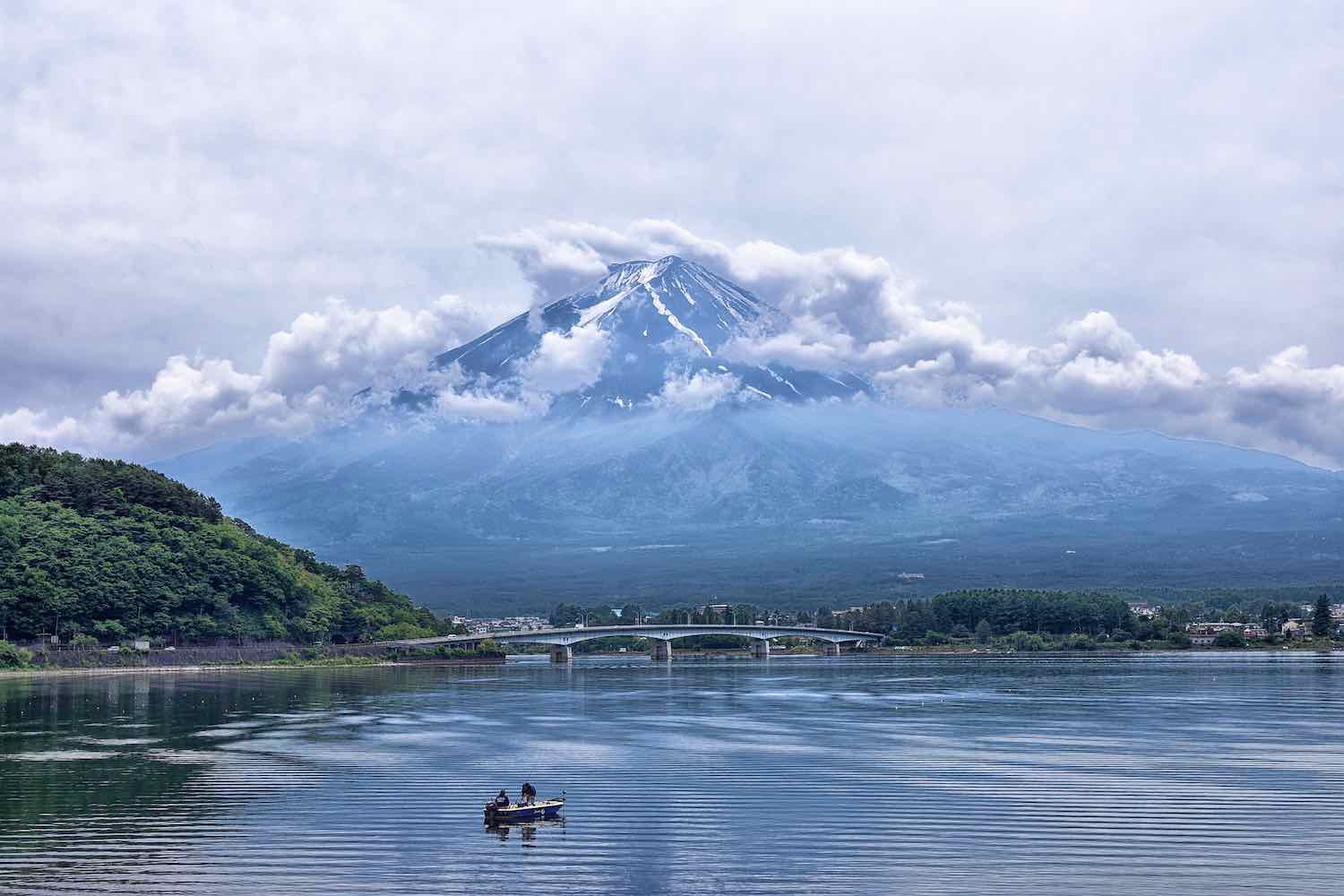Japan has staked out a leadership position in sustainable investing. Still, two of its largest industries, energy and seafood, present continued environmental risks. Two reports call out opportunities to reduce risks and reap benefits by going green.
Overpaying for energy
Carbon Tracker is urging Japanese policy makers to rethink their pro-coal stance, or face a potential $71 billion in stranded coal assets. “Despite policy signals from the Japanese government, it is still investing heavily in coal,” said Carbon Tracker’s Matt Gray. Renewable sources such as on- and off-shore wind and utility-scale solar photovoltaics will become cheaper than coal starting as early as 2023. That could raise costs for consumers and undermine economic vitality.
Underpaying for seafood
Japan’s seafood industry may be facing a bubble, says Planet Tracker (a subsidiary of Carbon Tracker), which analyzed 41 Japanese seafood companies with a combined market cap of $134 billion. The shares of publicly traded Japanese seafood companies have risen in the past decade even as overfishing and climate change have led to declining production. Sustainably managed fisheries could yield an extra $51 billion to $83 billion each year, benefiting investors. Noting positive signals, such as the Japanese government’s 2018 revision of the Fisheries Act in 2018, Planet Tracker suggests actions such as certification, monitoring and reporting by investors, asset managers and seafood companies that can steer the industry in a more sustainable direction.











